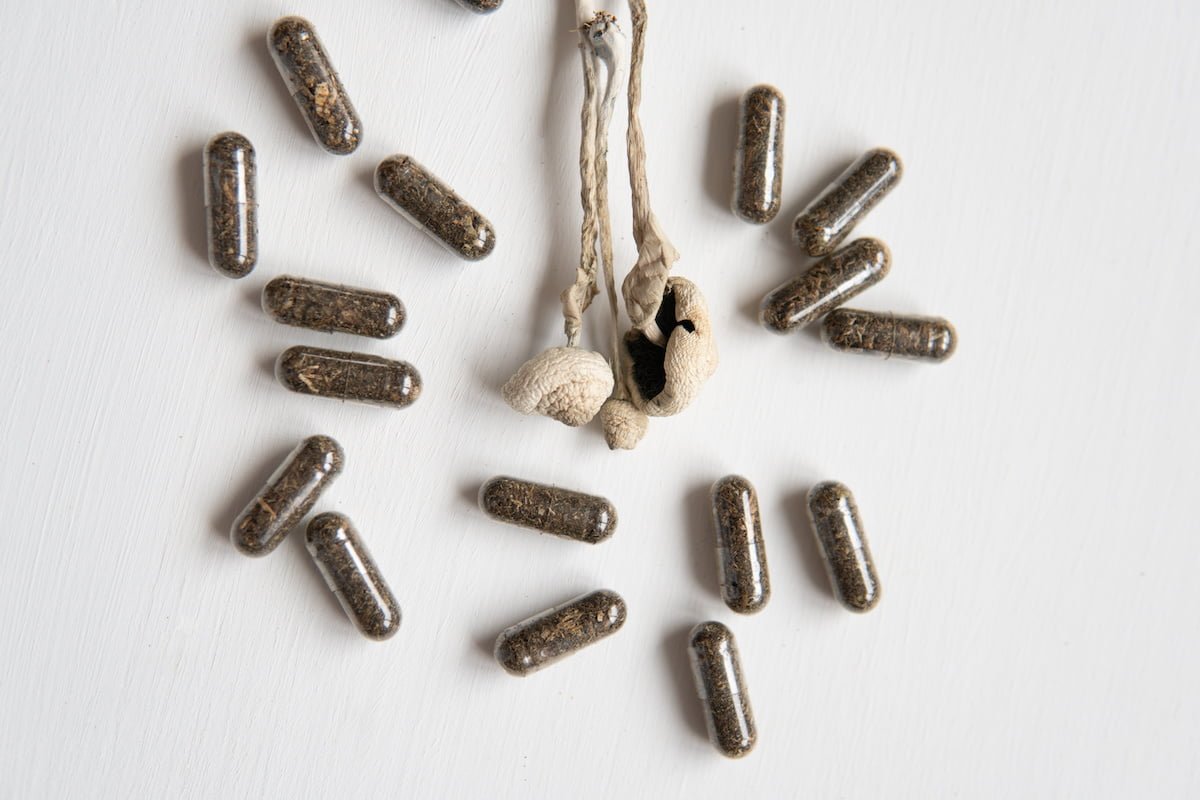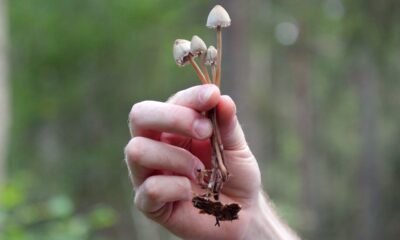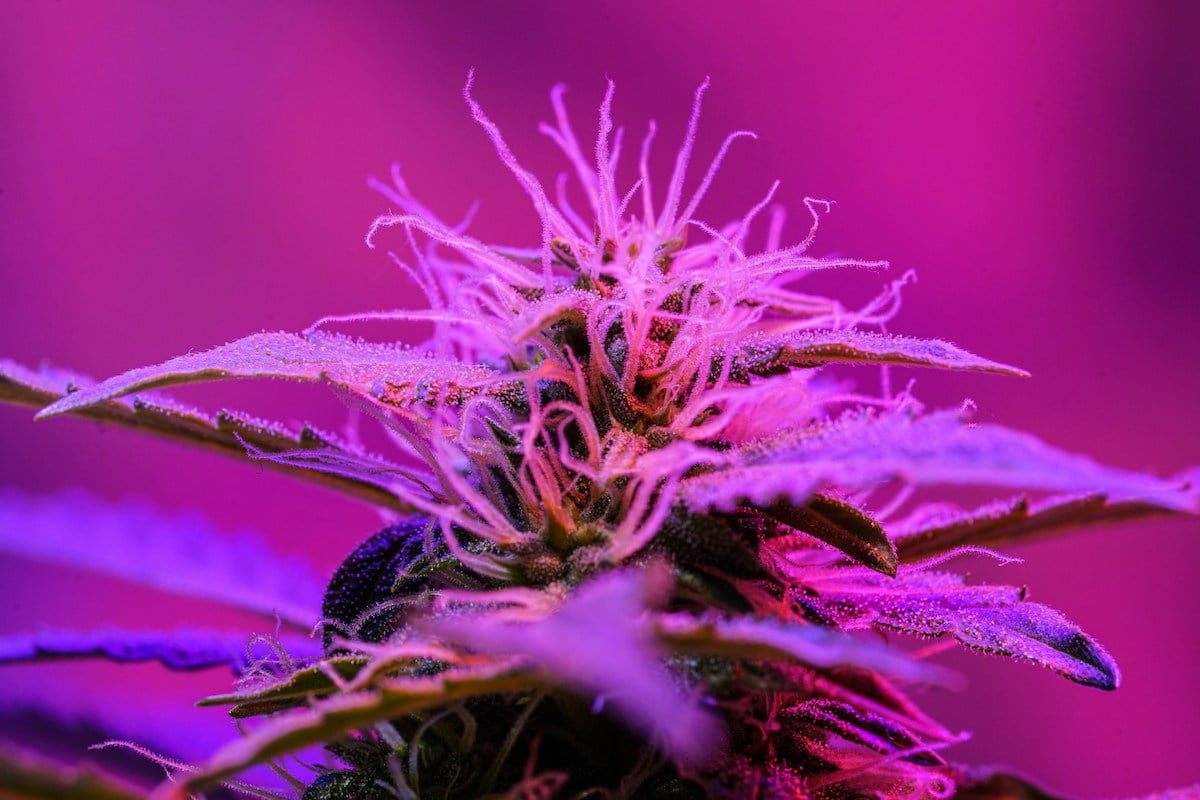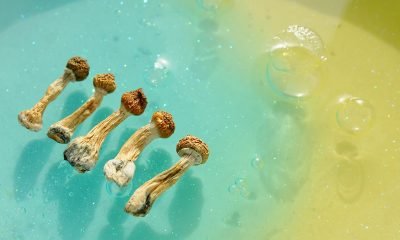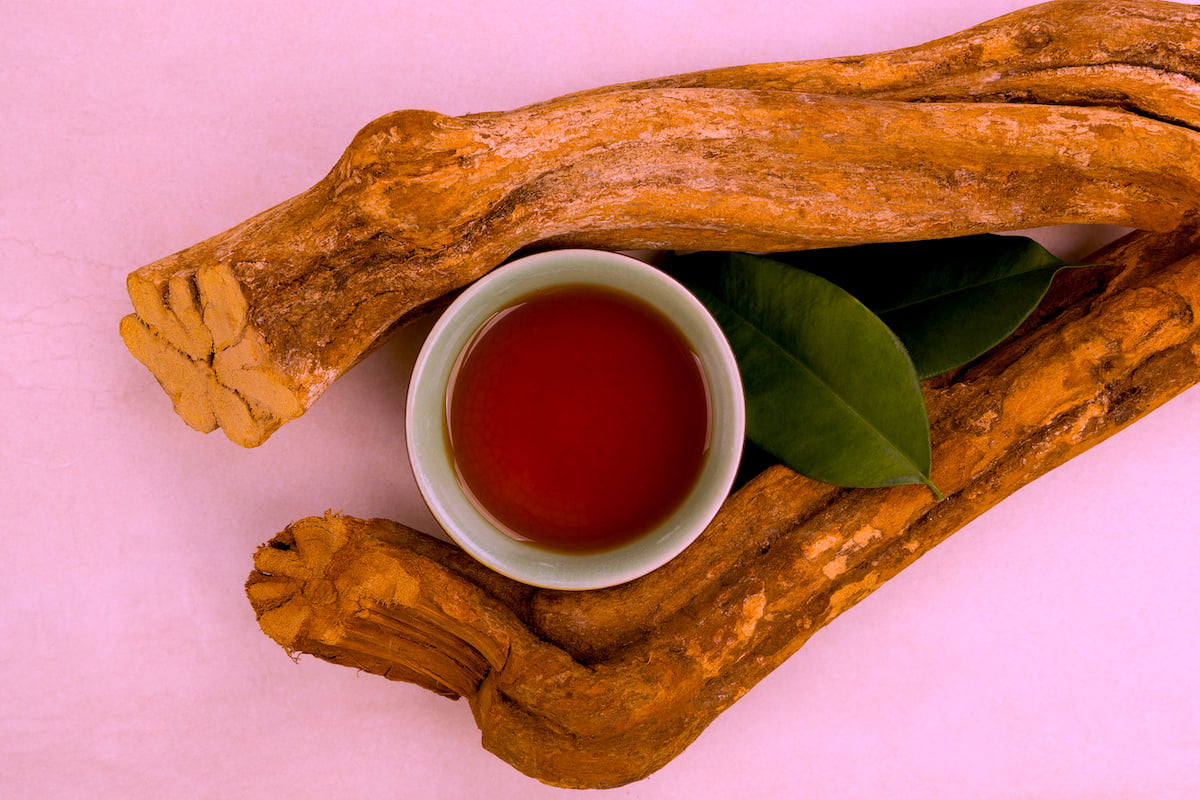Results from the largest longitudinal study investigating the practice of microdosing psilocybin for mental health, and one of the few to use a control group, have now been published.
Anecdotal evidence claims that microdosng psychedelic substances, such as psilocybin or LSD, could hold potential benefits for mental health. Whilst a few studies have investigated these claims, there is still much to be learned about the potential efficacy of microdosing.
Contributing to the growing literature on the practice, new research, published in Nature Portfolio, has demonstrated that microdosing psilocybin showed observed improvements in mood and mental health at one month, relative to non-microdosing controls.
The research has been carried out by Joseph M. Rootman, Maggie Kiraga, Pamela Kryskow, Kalin Harvey, Paul Stamets, Eesmyal Santos-Brault, Kim P. C. Kuypers and Zach Walsh, who highlight that “public uptake of microdosing has outpaced evidence, mandating further prospective research”.
Improvements in mental health
The study, which followed psilocybin microdosers and non-microdosing comparators for approximately 30 days, identified small- to medium-sized improvements in mood and mental health of participants.
The authors state the improvements were generally consistent across gender, age, presence of mental health concerns and psychomotor performance that were specific to older adults.
In comparisons of microdosers to non-microdosers, the findings demonstrated greater improvements among microdosers across the depression anxiety stress scale (DASS) domains, and that the effect of microdosing over time was found to be moderated by gender in DASS depression.
The authors stated: “Specifically, microdose-related reductions in depression were stronger among females than among males.”
The paper highlights that among microdosers with mental health concerns, scores on depression changed from 18.85 (at baseline to 11.73 at month one; for anxiety, 11.04 at baseline to 7.46 at month one; and for stress, 19.93 at baseline to 13.91 at month one.
Among respondents without a history of mental health concerns, the paper notes, scores on depression changed from 10.40 at baseline to 6.65 at month one; for anxiety, 6.53 at baseline to 4.81 at month one; and for stress, 13.96 at baseline to 9.78 at month one.
Regarding mood, the results showed that, relative to non-microdosers, microdosers exhibited greater increases in positive mood from baseline to month one.
Stacking
The paper also highlights the practice of “stacking”, whereby microdoses of psilocybin are combined with the Hericium erinaceus fungus, also known as Lion’s mane, and sometimes with niacin (vitamin-B3).
The study highlights that this practice has been gaining increasing interest for its proposed treatment of depression and mild cognitive impairment, as well as preclinical evidence of facilitation of neurogenesis with implications for treating neurodegenerative disorders.
The authors state: “A cross-sectional survey of over 4000 microdosers, which used a sample that partially overlaps with that of the present study, found that over 50 per cent of psilocybin microdosers combined psilocybin with diverse substances, and that HE [Hericium erinaceus] was the most prevalent addition followed by a combination of niacin (vitamin-B3) and HE8.
“As this is the lone study to report on stacking, the generalizability of these results is unknown.”
And that: “Supplementary analyses indicated that combining psilocybin with HE and B3 did not impact changes in mood and mental health. However, among older microdosers combining psilocybin, HE and B3 was associated with psychomotor improvements relative to psilocybin alone and psilocybin and HE.”
The researchers highlight that these results are novel, and further research is needed in order to confirm and elucidate these effects.
Microdosing research
Poor mental health, such as depression and anxiety, affects nearly one billion people across the globe. This crisis has been compounded by the Covid-19 pandemic, which has seen many more people seeking treatment for mental health disorders.
Whilst current treatment regimens, such as SSRI’s and talking therapies, can be helpful for some, a large number people live with treatment-resistant depression, underlining the need for innovation in the field of mental health treatment.
Research into psychedelic medicines is one area that many people believe could provide a new type of treatment across the fields of pharmacology and psychology – combining psychedelic treatments with psychotherapy, for example.
Macrodoses of psychedelics, however, pose a number of challenges when it comes to incorporating them into mental health care – from scaling up, to having trained practitioners and therapists, to the length of time it takes to provide a therapy session, which can last between four and eight hours.
If efficacious, microdosing could provide a form of treatment that may be implemented into mental health care much more easily.
The researchers highlight that more research is needed on the practice of microdosing, stating: “Considering the tremendous health costs and ubiquity of depression, as well as the sizable proportion of patients who do not respond to extant treatments, the potential for another approach to addressing this deadly disorder warrants substantial consideration.
“The potential that psilocybin microdosing may provide a means to improve depression and anxiety clearly points to the need for further research to more firmly establish the nature of the relationship between microdosing, mood and mental health, and the extent to which these effects are directly attributable to psilocybin.
“A potential contribution of future research with placebo-controlled designs would be the capacity to disaggregate the contributions of positive expectancies and placebo effects.”
For this study, 80 per cent of participants reported prior experience using psychedelics, which the authors state, “makes it likely that scores on the expectancies measure were influenced by past experiences of direct drug effects.”
They also note a limitation of the study is that both micro and macrodosing participants were aware of their status from the onset of the study, “making it impossible to rule out the contributions of greater expectancies among the microdosing versus non-microdosing group.”
Further limitations include that the study was not a double-blind study, and the sample of microdosing participants was 953 compared to 180 non-macrodosing participants.
[activecampaign form=52]

 Opinion2 years ago
Opinion2 years ago
 Insight3 years ago
Insight3 years ago
 Medicinal2 years ago
Medicinal2 years ago
 Research2 years ago
Research2 years ago
 Markets & Industry1 year ago
Markets & Industry1 year ago
 Medicinal2 years ago
Medicinal2 years ago
 News3 years ago
News3 years ago
 Research2 years ago
Research2 years ago


